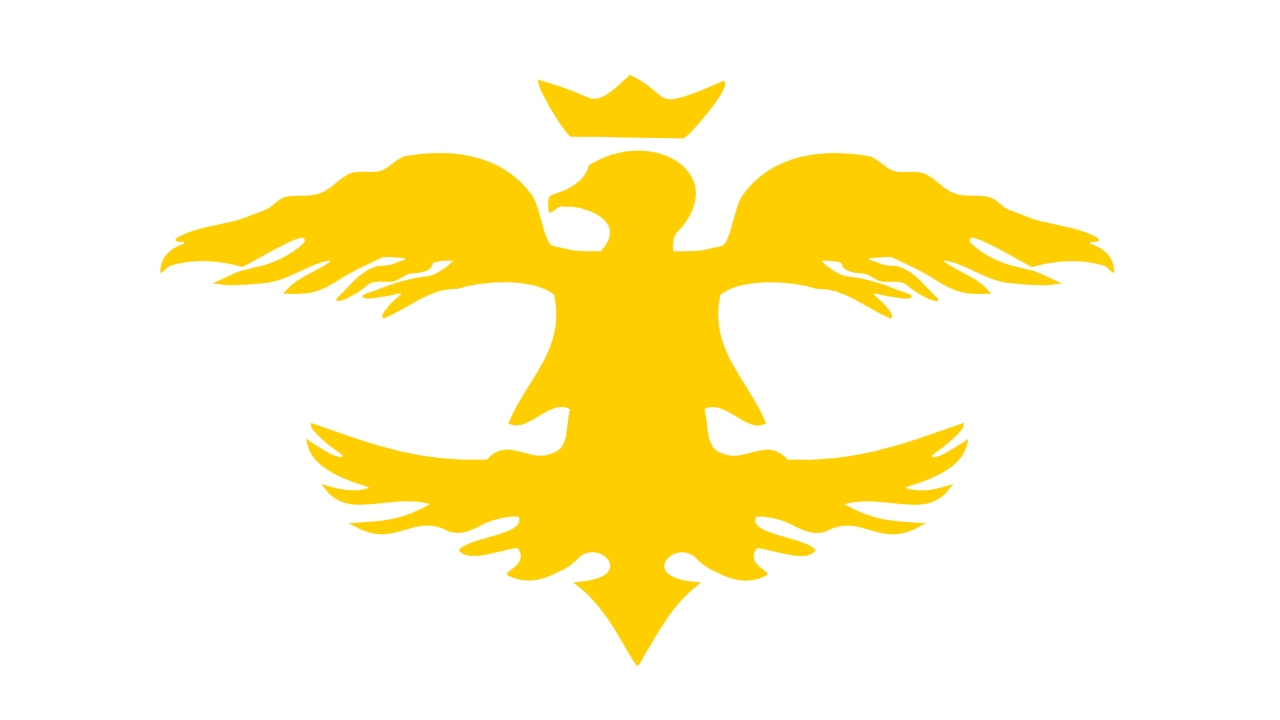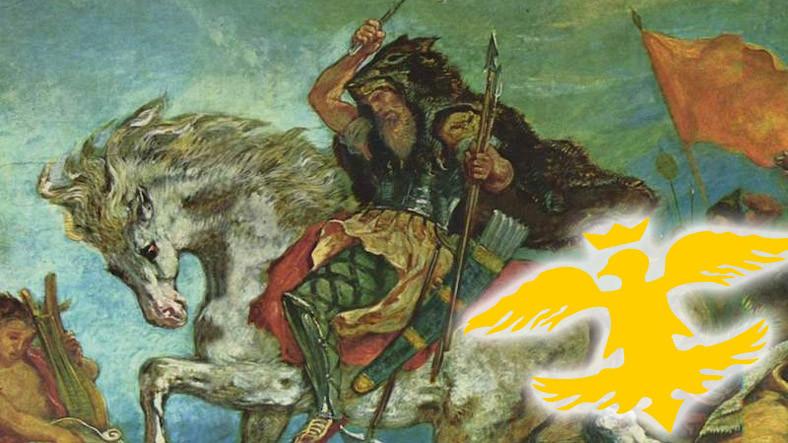One of the greatest commanders and rulers in history AttilaIt does not have a very good reputation in the international community. Many history books say that this ruler, who brought so much of Europe to its knees, was a “barbarianBecause of this, even the Turks, along with the Huns, are sometimes called “barbarians.”
Research conducted at the University of Cambridge has revealed a striking truth about Attila, the ruler of the Hunnic Empire. According to the investigation, Attila did not invade Europe because he was actually a barbarian. The main reason for what happened climatic conditions of that period. Yes, you heard right. The reason why Attila took an aggressive stance during his 19-year reign, in the 400s was the drought.
“Attila made efforts to invade so that his people would not starve”

According to many history books, Attila, his warrior persona, the desire for land and gold attack Europe. Research from Cambridge University shows that this is not the case. in the Great Hungarian Plain oak trees Scientists, starting from the ground above the ground and examining the annual rings of these trees, managed to reveal that the region experienced very serious climatic crises in the 400-500s.
According to the information obtained, the drought in the region caused the Hun Empire to be between settled and nomadic life. preference forced it. Because the Hunnic Empire adopted a sedentary lifestyle and engaged in agriculture and animal husbandry. However, due to the drought caused by the climate, agriculture had come to an end and there was a need for greener pasture for animals. It is precisely for this reason that Attila felt the need to expand in Europe. What happened is not barbaric, was the result of famine.
The Huns skeletons confirm the findings.

The latter is not the only study of the European Hunnic Empire. Archaeologists in the Past examined the skeletons and new research from the University of Cambridge confirms previous research. So much so that the examinations of the teeth in the skeletons show that the Huns used different dietary patterns during their lifetime. that they adoptedshowed that they readily adapt to the foods that are easiest to access. That is why Cambridge University’s research is so important.
Investigations conducted according to statements of archaeologist Susanne Hakenbeck It could be true. Hakenbeck argues that climate change fundamentally affects societies and argues that humans can make decisions that can change everything in critical processes such as famine. But for Cambridge University’s research to change the history books, needs to be supported by further research.. It is unknown at this time whether that work will be done or not.















